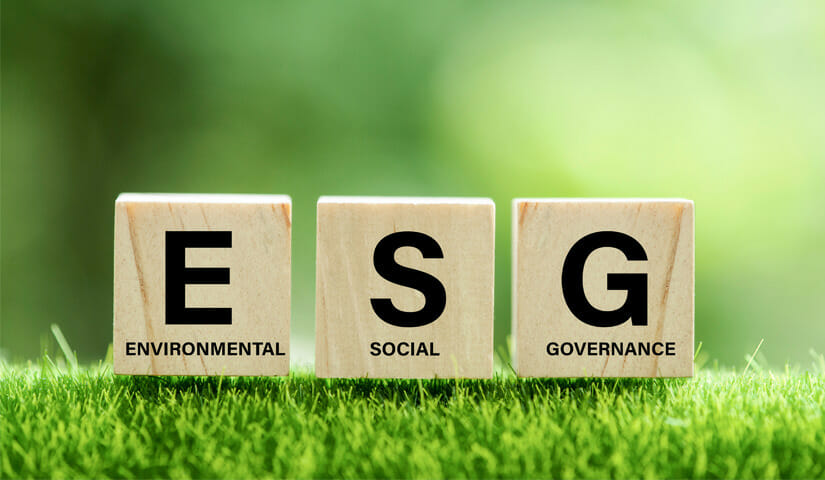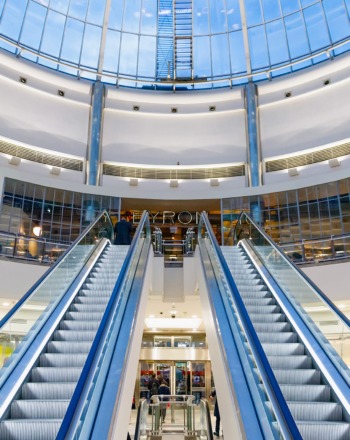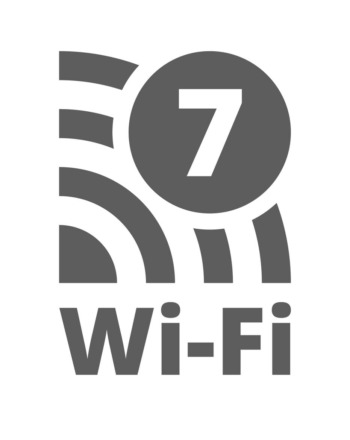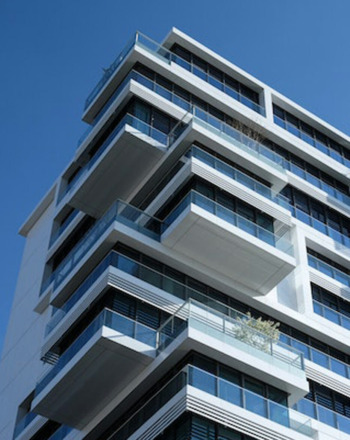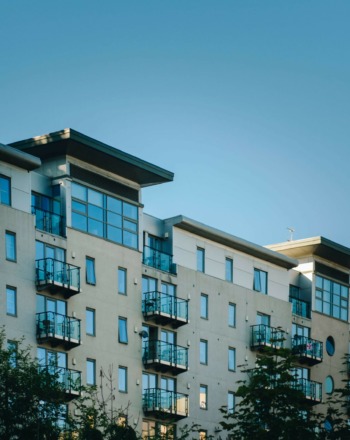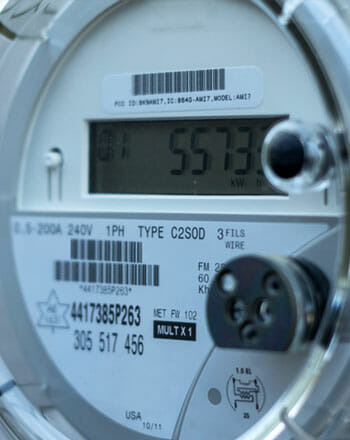What is ESG?
ESG stands for Environmental, Social and Governance and refers to standards that identify, assess, and measure a business’s transparency and accountability on its environmental and social impact. The subsequent report is considered part of CSR (Corporate Social Responsibility) and informs the opinion of investors, potential employees, and partners. It includes everything from a company’s carbon footprint to its commitment to diversity and inclusion, offering holistic insight into a business’ practices for those interested parties.
Its purpose is to provide a complete picture of whether a business’s mission statements and actions align to affect its staff, customers, and surrounding community positively. The report intends to hold companies to a higher standard on social and climate issues, encouraging them to make lasting changes in their policy, workplace culture and day-to-day operations in return for increased profit and investment.
Property developers are under increasing pressure to become ESG-compliant as they are uniquely positioned to make lasting changes to communities and the environment by designing and building affordable and sustainable housing. These are issues that are important to tenants and can be the difference between profits or financial losses, as more people demand a higher standard of accommodation from developers and landlords.
Why is ESG Important to Investors?
Investors are aware of the changing social and environmental attitudes towards businesses, with consumer habits directly influenced by a company’s attitude towards climate change and various social issues. This change is thought by some to be indicative of a return to inclusive capitalism, driven by the younger generations of Millennials and Gen Z, who are focused on human rights and saving the planet.
In the UK, the government’s proposed Net-Zero goal by 2050 and connected initiatives are another critical consideration for investors as strict punishments and fines are now being implemented for companies not meeting government targets. Regardless of the reason behind this change in consumer spending and priorities, it has made investors more interested in investing in ethically minded and sustainable businesses. Investors hate risk, and ESG-compliant companies are deemed less risky, more likely to have longevity, and better protected against uncertainty.
Subsequently, when placed in a residential property development context, investors use the ESG report to mirror tenants’ interests. They’re paying attention to which companies reflect the behaviour and practices required to create high-quality, affordable and sustainable housing and invest in the build-to-rent developers most likely to achieve this.
How Smart Technology Can Improve A Building’s ESG Rating
Property developers have a lot of considerations to account for when building a built-to-rent home, particularly when it comes to utilities like water, heating, lighting and the internet. In a world run by technology, using it wisely as part of property development is critical to improving a building's ESG rating through a deepened understanding of energy consumption. Using a combination of sensors, control devices and data collection software, developers can create multi-tenant built-to-rent properties that monitor and adjust utilities to manage the building's supply more efficiently and sustainably. Subsequently, this can also lead to more affordable bills, which are of current interest to social groups due to the current cost of living crisis and spiking energy prices.
By utilising Smart Technology, property developers can improve performance monitoring, reduce ESG risk for investors and keep sustainability data collection simple and automated. For example, the building could use sensors to monitor built-to-rent property’s energy use, analysing where and why energy consumption is higher before triggering an automatic action. This could be as simple as sending a warning to a tenant’s phone with energy-saving advice or as complex as adjusting the atmosphere around the building based on usage or time of day.
In order to use Smart Technology effectively, a build-to-rent’s connectivity rests on having a high-quality fibre-optic internet provider with sustainable infrastructure installed in the property.
Whether at the initial property development stage or as part of post-build improvements, you need a fibre ISP for landlords whose service is high-performance, low-power and supports the UK’s Net Zero 2050 goal. Additionally, it needs to be able to meet the demands of residents, operators, and the Smart Technology throughout the building without adding significantly to the utility bills of the tenants and still improving the property’s overall ESG rating.
Glide’s Smart Infrastructure Solutions
If you are looking for a sustainable, affordable fibre ISP look no further than our high-performing infrastructure that is compact and low-energy without compromising quality. We’re committed to being a part of the solution for landlords and property developers looking to improve their ESG rating and achieve Net Zero by 2050.
We’ve got an award-winning built-to-rent internet system that provides complete coverage for residents and easily meets their demands for a fast, reliable, affordable connection. Any problems?
Our customer-focused service is available 24/7 to troubleshoot and support the landlord and renters. Providing internet service in tenanted accommodation is a balancing act, but it needn’t be difficult with our service and team there to guide you. Contact us today for a future-proof solution to connectivity in built-to-rent properties.

